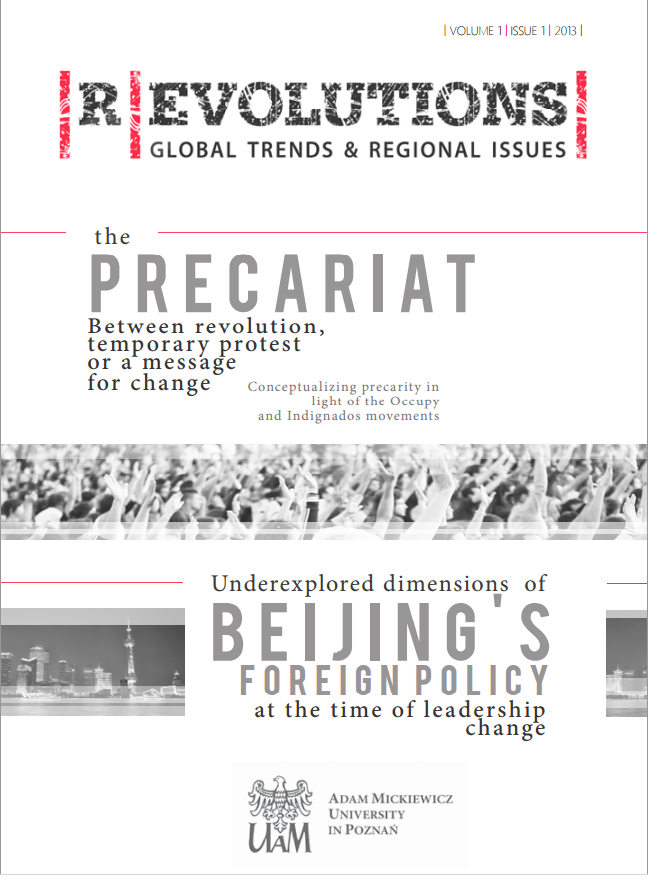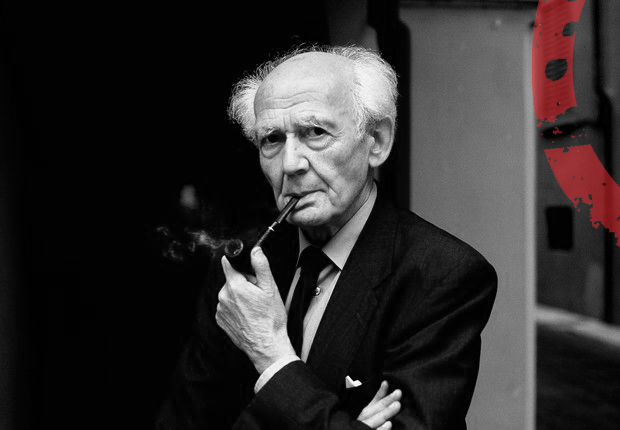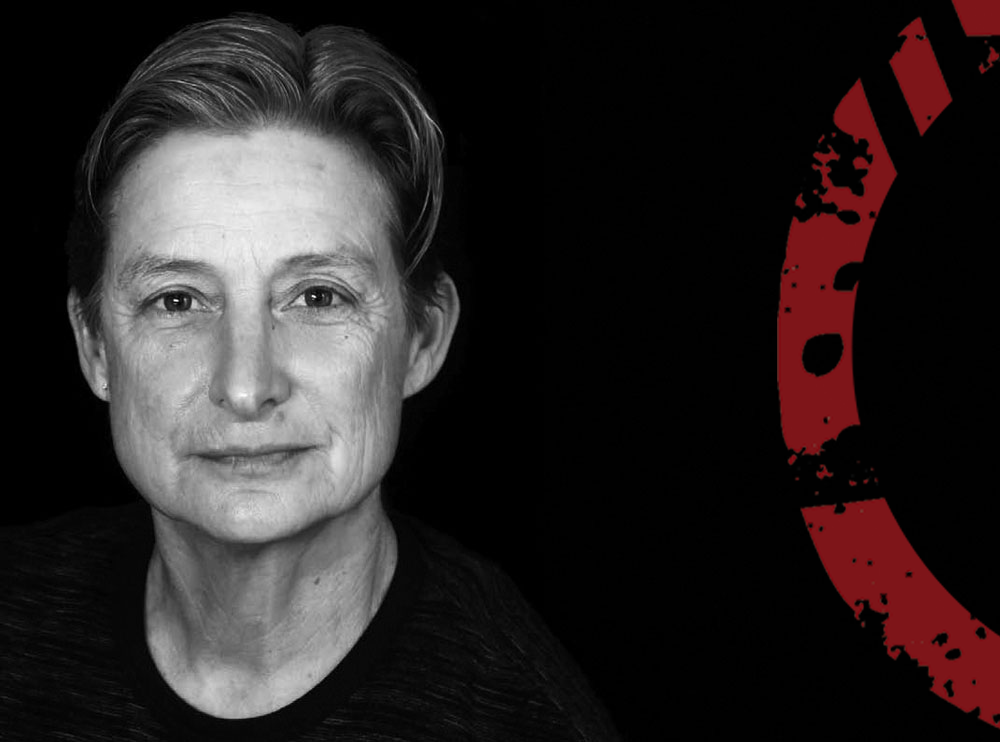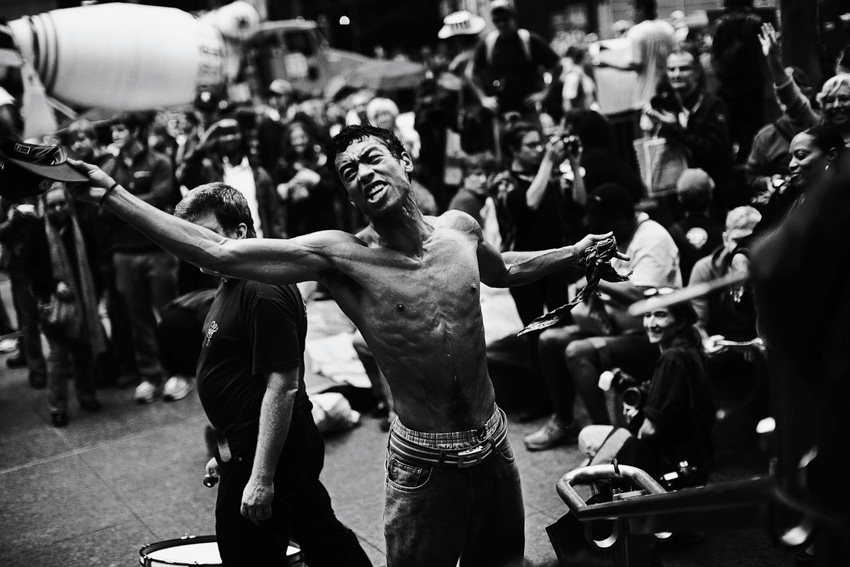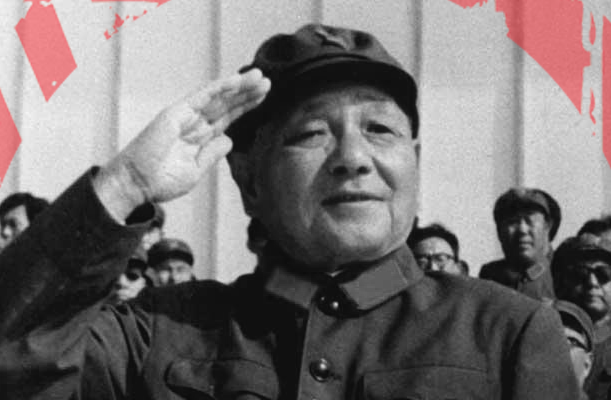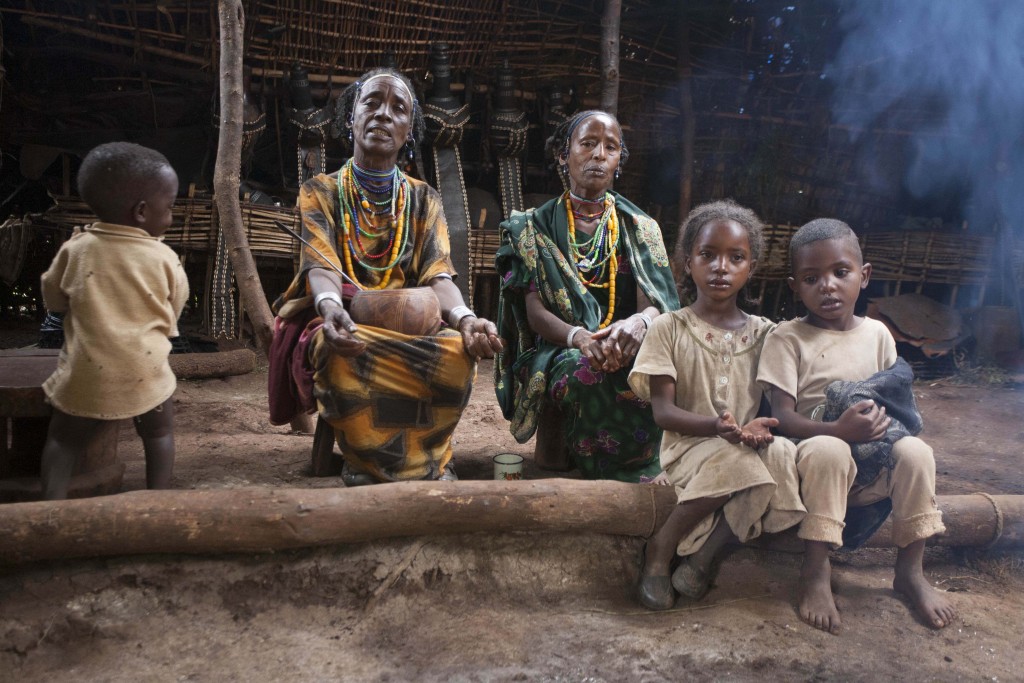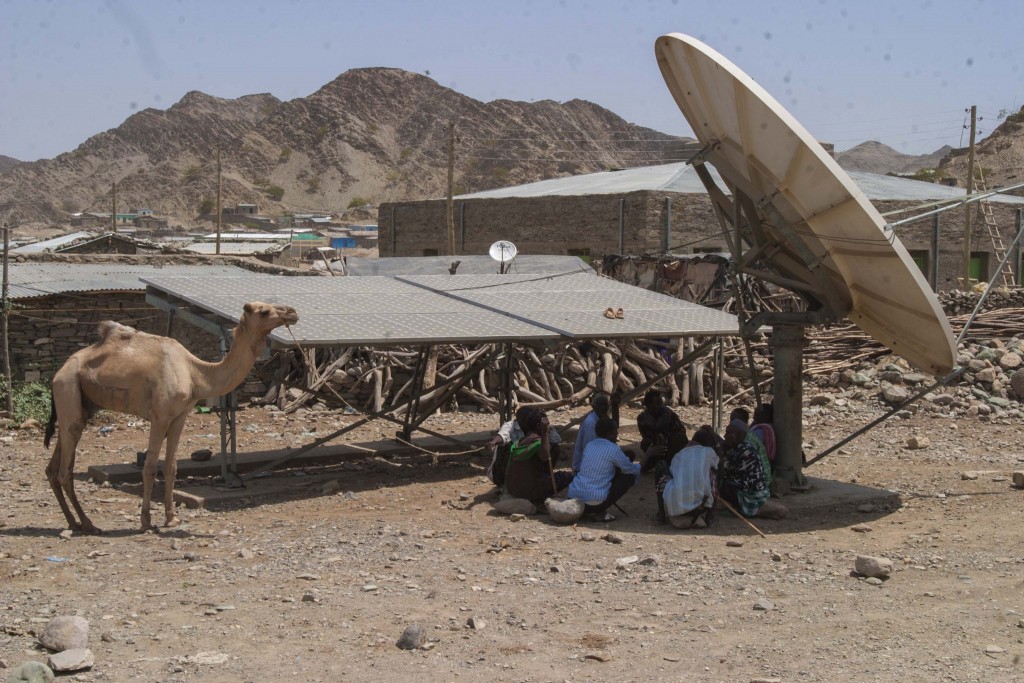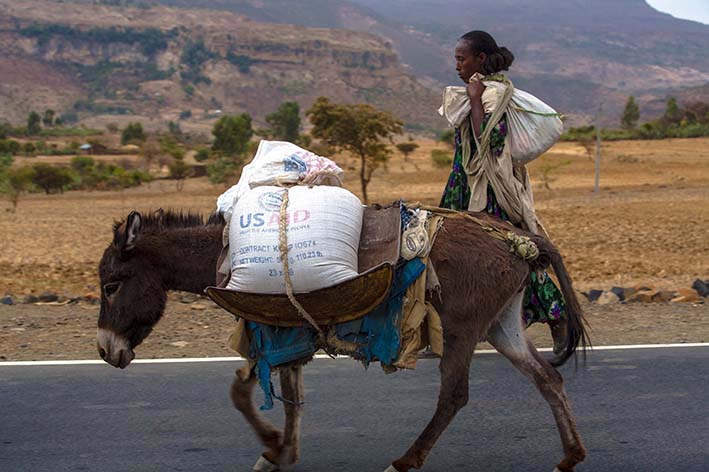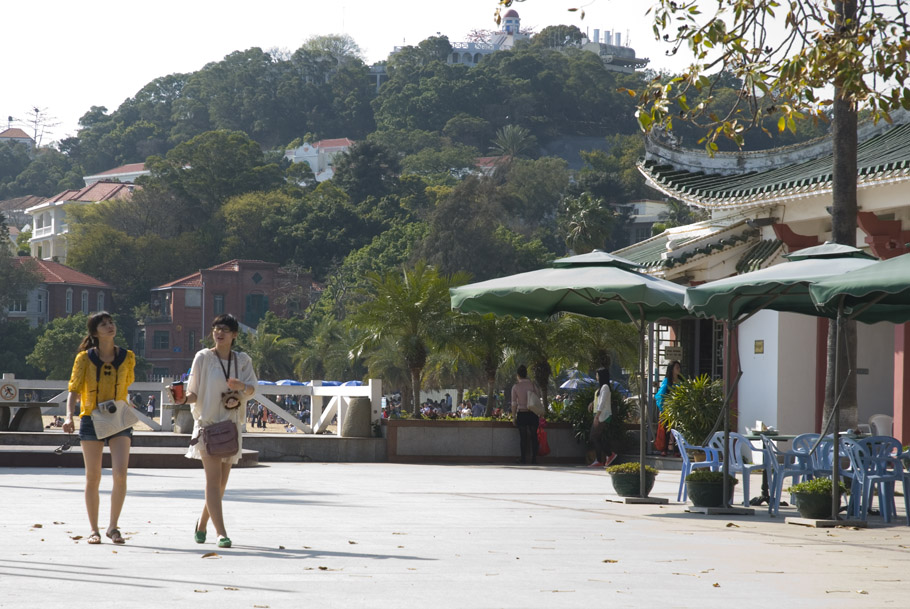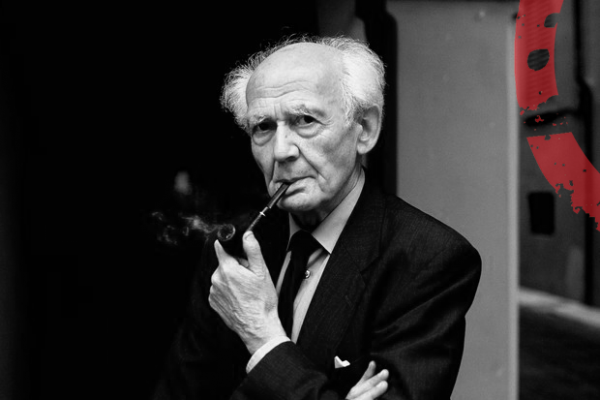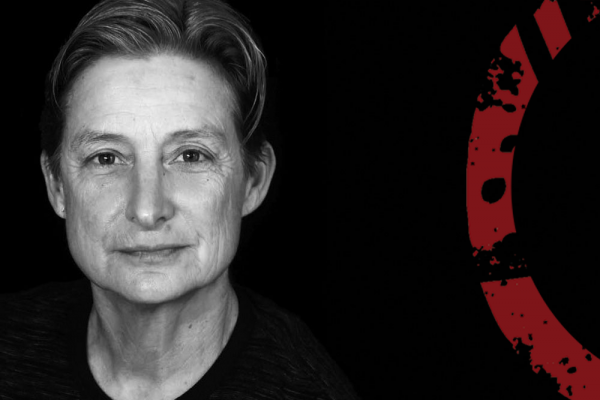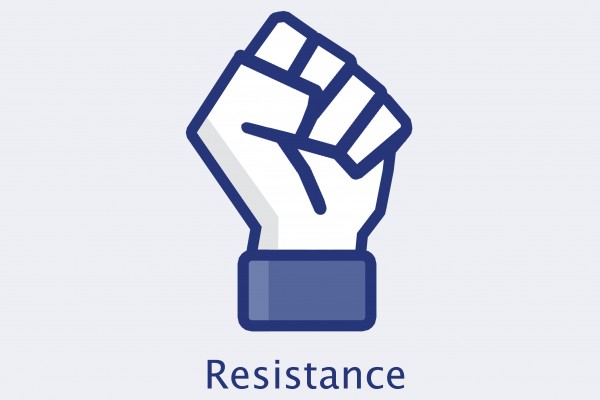 Europe’s social landscape is changing, especially in times of economic crisis, which will affect the future quality of civil societies. In recent years the biggest shifts in the social fabric of the US and Europe were driven by the discussion on precarization of labor and its links with Occupy and Indignados movements: Precariat is not only the definition of a new social category or group, but rather an attempt to capture the contemporary human condition in terms of modern capitalism. One leading theorist has called it a new social class “in statu nascendi” and others the “unclass” .
Europe’s social landscape is changing, especially in times of economic crisis, which will affect the future quality of civil societies. In recent years the biggest shifts in the social fabric of the US and Europe were driven by the discussion on precarization of labor and its links with Occupy and Indignados movements: Precariat is not only the definition of a new social category or group, but rather an attempt to capture the contemporary human condition in terms of modern capitalism. One leading theorist has called it a new social class “in statu nascendi” and others the “unclass” .
Besides clearing out the theoretical approaches in interviews with Z. Bauman, J. Butler and G. Standing, this issue offers many other interesting analyzes on social riots, mutiny against capitalism and “street performance” by children of the “debt culture.” Our aim is to analyze the origins and character of protests which engulfed large parts of Europe and the US.
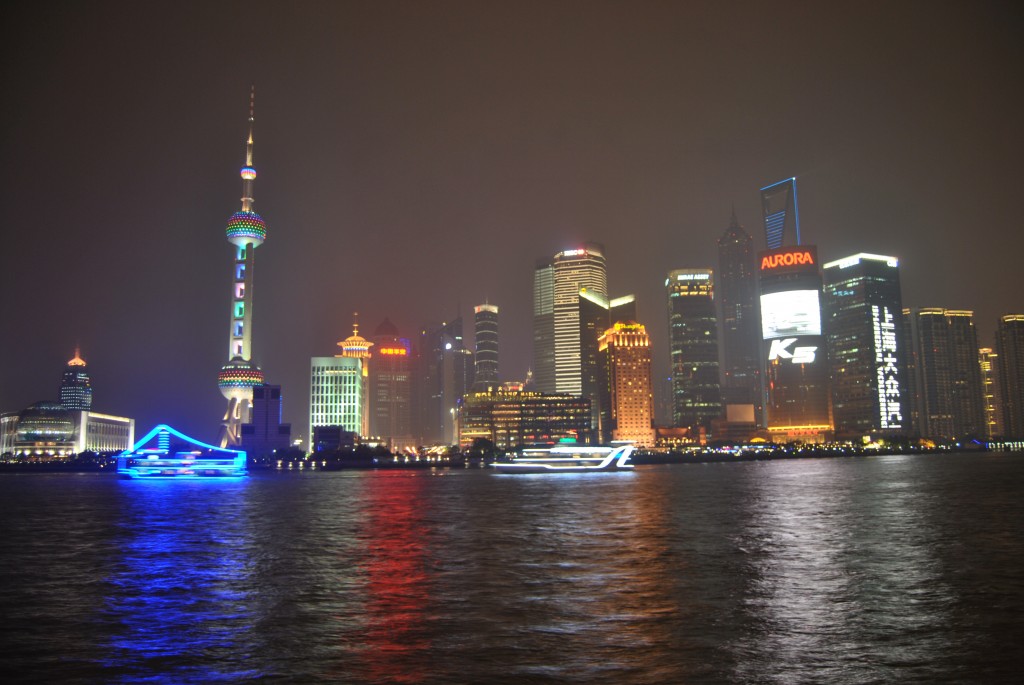 As the spotlight of international attention turns towards Asia, it inevitably sheds most light on the biggest, most powerful and influential state of this area, namely the People’s Republic of China. The course charted by its foreign policy exerts an ever greater influence on many crucial problems occupying the international community’s agenda. At the turn of 2012 and 2013 we have witnessed a once of a decade transition of power to the next (5th) generation of party state leadership, led by Xi Jinping and Li Keqiang. This is a good moment to turn our gaze both backwards to the road China travelled in the last three decades of “reform and opening” and onwards towards possible future directions of the PRC’s foreign policy.
As the spotlight of international attention turns towards Asia, it inevitably sheds most light on the biggest, most powerful and influential state of this area, namely the People’s Republic of China. The course charted by its foreign policy exerts an ever greater influence on many crucial problems occupying the international community’s agenda. At the turn of 2012 and 2013 we have witnessed a once of a decade transition of power to the next (5th) generation of party state leadership, led by Xi Jinping and Li Keqiang. This is a good moment to turn our gaze both backwards to the road China travelled in the last three decades of “reform and opening” and onwards towards possible future directions of the PRC’s foreign policy.
Global Trends
FAR AWAY FROM “SOLID MODERNITY” – interview with Zygmunt Bauman
“The discovery of the precarious position of the majority of middle classes (…) And indeed the increasing popularity of the notion of precariat were…
EXERCISING FREEDOM – interview with Judith Butler
Can we exercise freedom like we exercise our bodies? Do protesters have to use their bodies to occupy the public space to make their…
JOIN TOGETHER, DEMAND CHANGE AND RISK – interview with Guy Standing
Scientists and students, professional and manual workers, occupiers and those who remain at home; people with stable employment and those without, everyone who is…
JAN SOWA: MULTITUDE AS A SUBJECT OF DEMOCRATIC EVOLUTIONS. SEVERAL CONCLUSIONS FROM THE PSYCHOANALYSIS OF A COLLECTIVE VOICE
Year 2011 was a significant turning point in the case of protest movements. This text is an analysis of the concept of multitude in…
TOBY MILLER: THE CHILDREN OF REAGAN’S HIPPIES
“The Global North recognized fifty years ago that its economic future lay in the finance capital and ideology, rather than agriculture and manufacturing” –…
ANNA VISVIZI: INDIGNADOS A FASHION PASSÉ?
“How democratic is their attempt at re-creating democracy out of their own” – that is one of the important questions which Anna Visvisi asks…
KRZYSZTOF GAWLIKOWSKI: THE NATURE AND DYNAMICS OF DENG XIAOPING’S REFORMS
China’s road to superpower status really started in the late 1970s with a burst of reforms adopted under the guidance of Deng Xiaoping. Decisions…
VLADIMIR PORTYAKOV: RUSSIAN-CHINESE RELATIONS: CURRENT STAGE AND FUTURE PROSPECTS
The turn of 2012 and 2013 proved to be an auspicious time for Sino-Russian relations. As both states adjusted their foreign policies to changing…
Beata Przybylska-Maszner: ECONOMIC RELATIONS BETWEEN THE EUROPEAN UNION AND ECOWAS – AN ILLUSORY INTERDEPENDENCE, A DECLARED COOPERATION, AND A NECESSARY COMPETITION
EU policy towards Africa has evolved substantially over time. What are the factors that have shaped these changes? What has been the impact on…
Konrad Czernichowski: PERSPECTIVES OF MONETARY INTEGRATION IN EASTERN AFRICA
The merging of the East African Community (EAC), the Common Market for Eastern and Southern Africa (COMESA) and the Southern African Development Community (SADC)…
Sehlare Makgetlaneng: THE POSSIBILITY OF SOUTHERN AFRICAN CUSTOMS UNION IN INTEGRATING SOUTHERN AFRICA. THE VIEW OF SOUTHERN AFRICAN DEVELOPMENT COMMUNITY
The merging of the East African Community (EAC), the Common Market for Eastern and Southern Africa (COMESA) and the Southern African Development Community (SADC)…
MACIEJ MICHAŁEK: THE HARD TRUTH ABOUT SOFT POWER – THE CASE OF THE PRC UNDER NEW LEADERSHIP
Application of soft power has become an important tool for XXIst Century grand strategy. The growing economic, political and cultural clout of PRC has…

